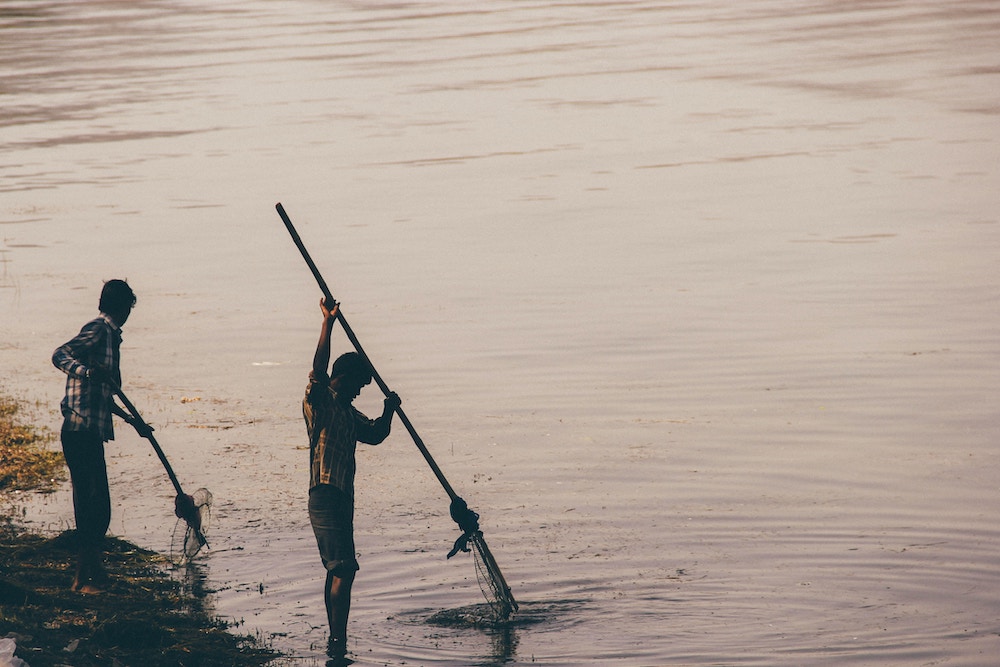CJ-PAP: The systemic oppression of marginalised communities by the criminal justice system is poorly understood and rarely questioned. Here’s how this is changing.
In 1871, the British colonial government introduced the Criminal Tribes Act in India, a move that labelled several hundred nomadic tribes as ‘criminals by birth’. While the act was repealed by the Indian government in 1952, these criminalised tribes—who came to be known as denotified tribes (DNTs) or Vimukta communities—remain oppressed and marginalised to this day.
Take, for example, the Pardhis, a Vimukta community in Bhopal. When there is a wedding in a Pardhi family, they have to get permission from the local police station to organise the function. This involves submitting an application along with the guest list for the wedding. If they don’t follow these steps, it is assumed that the Pardhi community members who have congregated for the event are conspiring to commit a crime; they will then be picked up by the police.
The systemic oppression of Vimukta communities by the criminal justice system is poorly understood and rarely questioned.
Read full article by Nikita Sonavane: Everyday policing is casteist
Photo by Mitchell Ng Liang an on Unsplash


